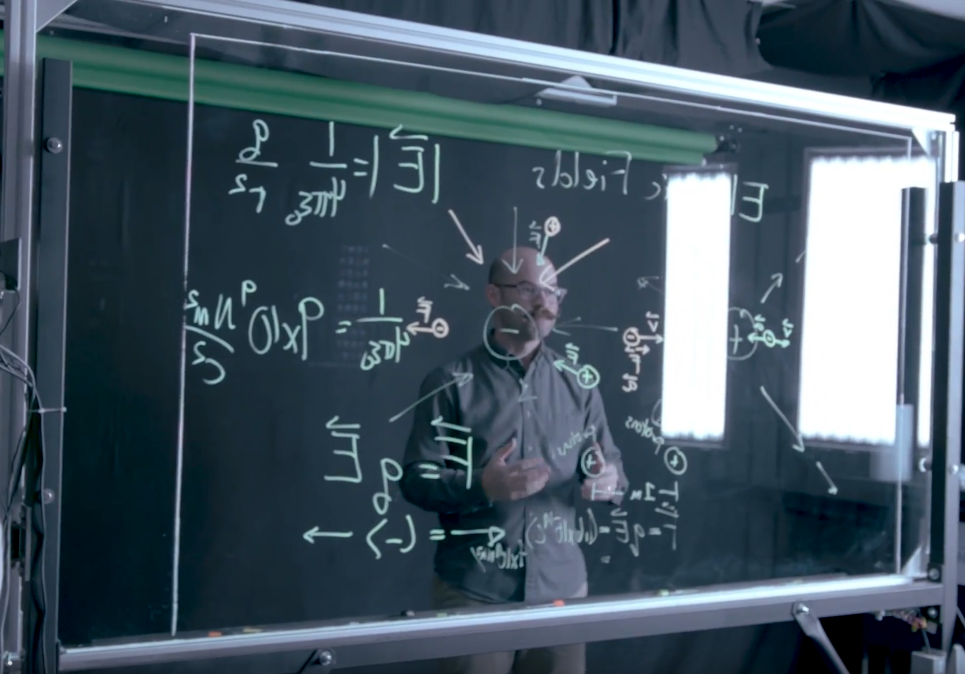Online Teaching and Learning
31 Digital Laboratory Activities
Jennifer Smith
Considerations | Online Simulations | Lab Simulation Resources
Considerations
 Transitioning a course that relies upon kinesthetic learning into a meaningful experience online takes a bit of thought and planning. It CAN be done successfully and UF has instructional designers who can help!
Transitioning a course that relies upon kinesthetic learning into a meaningful experience online takes a bit of thought and planning. It CAN be done successfully and UF has instructional designers who can help!
- Determine what is feasible.
- Work with your department chair and dean to determine which course goals are realistic
- Identify possible changes to M&S or course fees as early as possible
- Online does not necessarily mean on a computer
- Students may record interactions that take place in their own location
- Kits can be mailed to students (there are vendors who specialize in these)
- Check with Environmental Health & Safety if students will be using hazardous materials or equipment
- Citizen science organizations provide opportunities for students to record observations and analyze data
- Performances can be recorded, critiqued, and combined using video recording platforms
- Consider cost – both financial and time.
- Determine the start-up and management time costs
- Will students need to purchase equipment, kits, or software?
- Technology
- Software or webtools may need to be approved for use with student records (restricted data).
- UF’s Privacy and Security offices take some time to complete the review process
- Contact the Center for Instructional Technology & Training (CITT) for help with this
- Most vendors provide extensive student and instructor guides
- Review these carefully so that you know what is required on your part and from the student side
- Clearly describe how students should request technical assistance
- Include this in your syllabus and throughout your course information
- Remind students of the procedure when they begin a new assignment
- Software or webtools may need to be approved for use with student records (restricted data).
- Set reasonable expectations (including your own).
- The online environment may require a different way to approach the same learning objective
- Communicate your expectations and any variations from previous labs may have experienced clearly and consistently to students.
- Be patient and flexible.
- Prepare for the unexpected. It is likely that not everything will go to plan.
- Identify things that are likely to go wrong and provide students with FAQs describing what they should do
- What flexibility can you provide in assignments, due dates, and grading criteria?
- Keep in mind that students may have low bandwidth that could hamper access to video or simulations.
- Prepare for the unexpected. It is likely that not everything will go to plan.
As for help from the Center for Instructional Technology and Training (CITT), the Center for Online Innovation and Production (COIP), or the Center for Teaching Excellence (CTE).
Online Simulations
It may become necessary to translate face-to-face laboratory or experiential learning activities to an online environment. In some cases, an online lab simulation can provide significant benefits to students.
- Students can run experiments that might not be practical due to cost or time factors
- Students can apply different protocols and analyze a variety of data sets
- Students who may not be able to participate in a physical lab may be able to participate online
- Meet Dr. Shawn Weatherford, UF Department of Physics (1:27)
- Dr. Weatherford’s lab uses the iOLab Wireless Lab System
Labster and Jove
UF Online has provided with unlimited access to digital resources supporting STEM courses and labs through 2023. Anyone can use these tools in courses and labs of any format, whether those courses/labs are convened on-campus, online or any combination in between. These resources support: biology, physics, math, chemistry, and all fields of engineering.
- Labster: Labster is a virtual lab platform that hosts 130 simulated labs based in gamified case studies. Labs take around 45 minutes to complete and allow students to manipulate variables, make mistakes, and analyze resulting data.
- JoVE: The Journal of Visualized Experiments, JoVE, is a world-leading producer of video solutions to meet the needs of science students and researchers at all levels and includes a full catalog of engineering resources and a ton more. Visit the UF library guide to JoVE to learn more and get started.
Both of these resources will integrate with Canvas. Visit the UF Online Faculty Resources to learn more!
Keep in mind that “online lab” does not necessarily require a simulation. Custom lab kits can be created in collaboration with a vendor and sold directly to students or through the UF Bookstore. These do need to be approved by Environmental Health and Safety, so it is important to determine your course needs as early as possible.
Online Lab Examples
- View Dissection Introduction from Applied Human Anatomy (Lab Kit) (7:00)
- View ZOO3603 Evolutionary Developmental Biology sample (11:13)
- View GLY320C Earth Materials (Lab Kit) (10:25)
Lab Simulation Resources
There are free resources available online that allow students to explore, observe, examine, and investigate. Your library subject specialist can help you to help identify resources appropriate for your course.
- Florida Museum
- Harn Museum of Art
- Tour of the International Space Station
- Google tours of the Grand Canyon or Petra.
- Online repositories: MERLOT and JoVE.
Chronicle of Higher Education: How to Quickly (and Safely) Move a Lab Course Online

